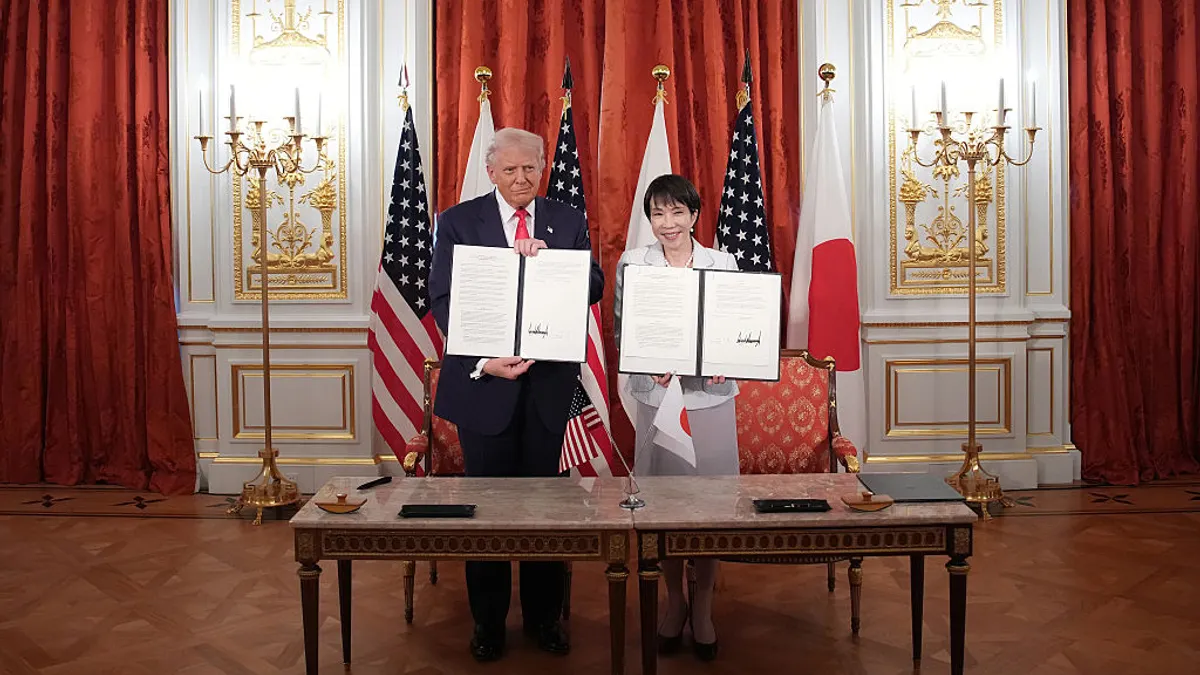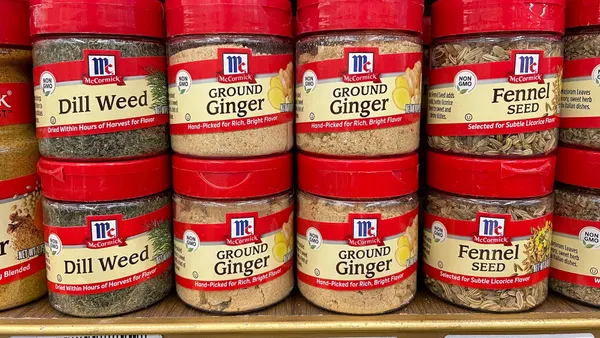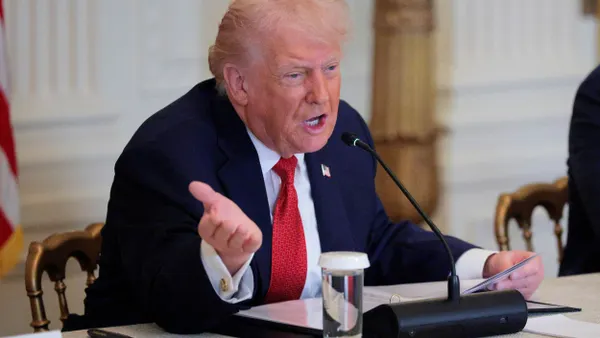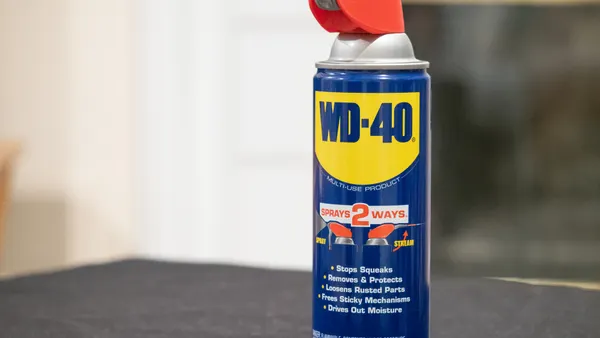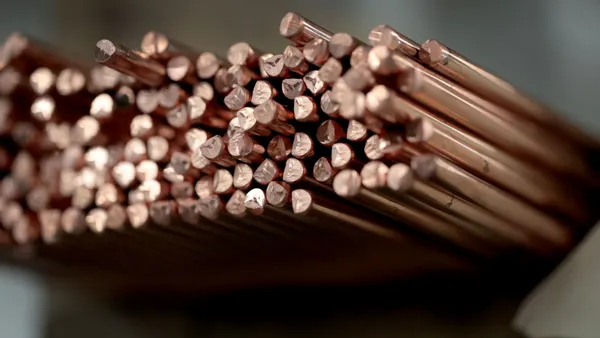The U.S. and Japan have agreed to a framework for securing a supply of raw and processed critical minerals and rare earths vital to the countries’ domestic industries.
The nonbinding document, signed by U.S. President Donald Trump and Japan Prime Minister Sanae Takaichi earlier this week, outlines a strategic plan for investments and policies focused on building resilient and secure networks for mining, ore separation and processing.
Within the next six months, both countries plan to take steps toward selecting and funding projects that can deliver products to buyers in the U.S., Japan and other unspecified countries. The timeframe also includes organizing a bilateral Mining, Minerals and Metals Investment Ministerial to discuss investment priorities with stakeholders.
The two nations have committed to establishing a U.S.-Japan Critical Minerals Supply Security Rapid Response Group led by the U.S. Energy Secretary and Japan’s Minister of Economy, Trade and Industry. The joint group will prioritize specific minerals, identify supply vulnerabilities and develop plans for faster delivery.
Other aspects of the framework include exploring the possibility of mutual mineral stockpiling, investing in mineral recycling technologies and collaborating on new authorities that align with each country’s national security laws.
“The new agreement will help prevent the US and Japan from pursuing parallel, uncoordinated strategies,” Tom Moerenhout, a professor at Columbia University’s School of International and Public Affairs, wrote in an opinion piece. “Each country, along with Canada, Australia, and the European Union, is spending billions to rebuild the same parts of fragmented supply chains. Without coordination, these interventions risk duplication, inflated costs, and, ultimately, persistent vulnerability.”
Trump met with Takaichi in Tokyo days before his scheduled meeting in South Korea with President Xi Jinping of China, the leading producer of many critical minerals. Creating a supply chain that is less reliant on the U.S. trade rival is a national security priority for the Trump administration. Japan, which imports about 60% of its rare earths from China, has been working for over a decade to reduce its reliance on the country.
Last week, Trump and Australia Prime Minister Anthony Albanese signed a separate framework for a multi-billion-dollar initiative to develop a critical mineral supply chain. The agreement includes joint public and private investments in the mining and processing of essential minerals.
In contrast to Japan, which is not a major producer of strategic minerals, Australia mines more than 40 minerals classified as critical by the U.S. Geological Survey. China is a major buyer of Australia’s ores.
Editor’s note: This story was first published in our Procurement Weekly newsletter. Sign up here.



